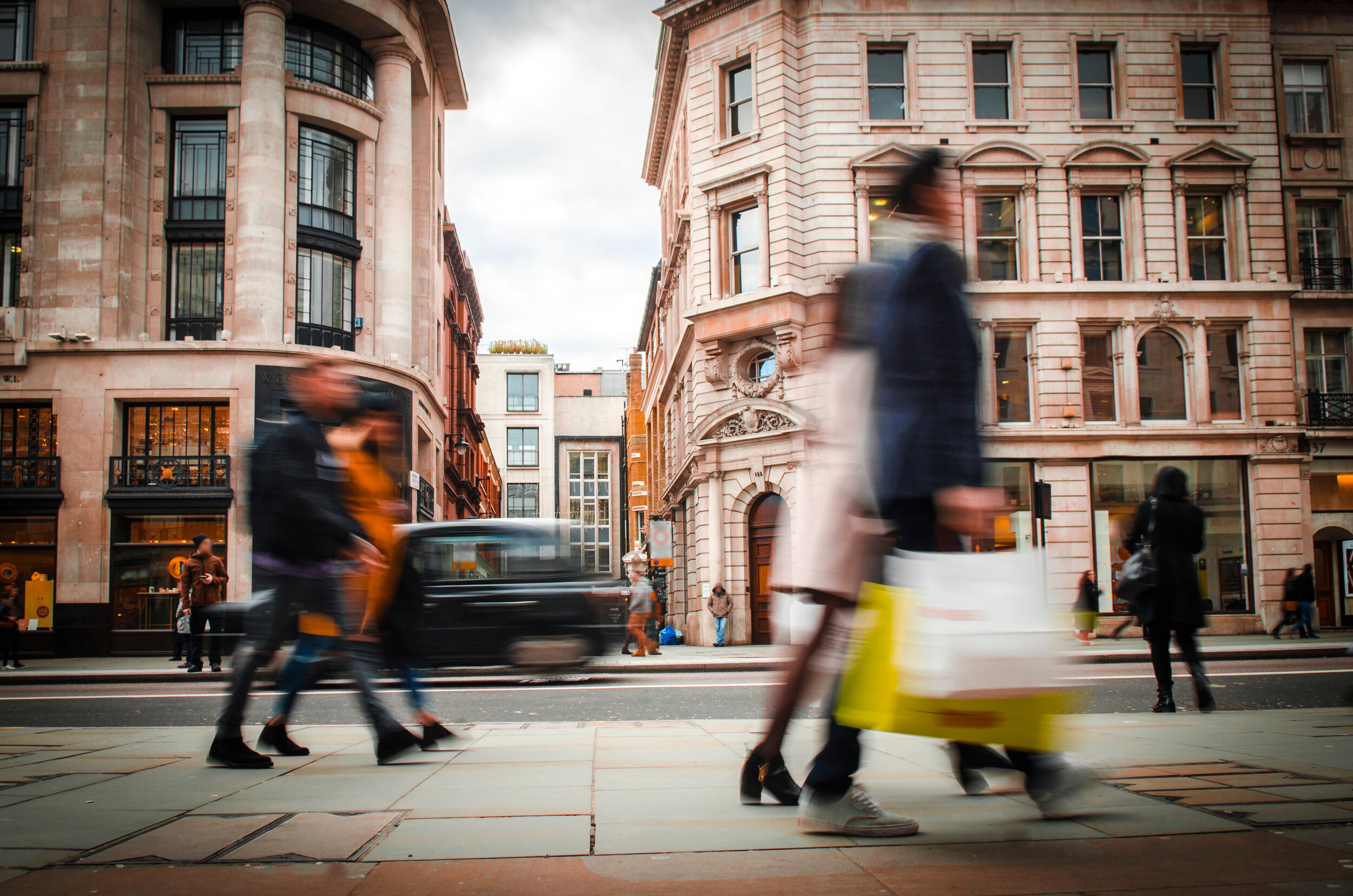The state of the UK physical retail space - part 1
A 4-part commentary on the current plight of physical retail spaces in the UK, and what the future may hold for them by CAKE Strategy Director, Alex Venner.
April 12th 2021 – a date that hopefully will be remembered as a new chapter for ‘non’ essential retail. Much has been written and discussed about how retailers and consumers will react to the lifting of restrictions that finally allow stores to open to the paying public. A common belief is that the re-opening brings hope back to a sector that is on its knees, and that the pent-up consumer demand for face-to-face retail interaction will drive footfall to shopping destinations up and down the country. However - will the same questions surrounding the long-term future of bricks and mortar retail still be rattling around in April 2022?
That depends. The pessimists out there will no doubt say that non-essential retail spaces are up against it, and more well-loved brand names will disappear from our high streets and shopping centres leaving an ever-increasing number of dark, empty windows. And they’ll be right. Or at least they will be unless lessons aren’t learned.
The relationship between landlord and retailer is changing – alas not fast enough for some – but it is changing. It’s changing because it has to, as traditional rigid rental agreements are unable to accommodate the inevitable fluctuations in retail turnover. Everyone hopes that the enforced COVID closure is a unique event, but it bought in to focus the fact that rental agreements, for the most part, are antiquated and in need of urgent modernisation to represent a fairer – and more mutually beneficial relationship between all parties. Ok – this will be a process that takes time – but once the ball is rolling – the playing field should be levelled for well managed retail spaces to run successfully. Necessity drives invention and there is already evidence that proactive investors, asset managers, banks and retailers are prepared to collaborate to make things work. The issue of business rates remains, but as more flexibility comes to the market in rental negotiations and the cost of borrowing, so optimism in the sector grows.
The reason I mention this is that without this commitment to change, everything that comes next about the state of physical retail is pretty much pointless. If the increase in voids is to be arrested, and new operators encouraged to take on existing space, retail spaces have to offer viable business opportunities. Then comes the challenge of re-engaging shoppers and enticing them back to shop in person.
And there we have it – the first mention of shoppers, who are what makes retail retail. Is the 2021 shopper different to the 2020 shopper – or the 2015 shopper? You can argue that of course it is – post COVID shoppers are much more conscious of personal space, of safety in shopping spaces, more discerning, more knowledgeable to what is ‘essential’ and what is not, and crucially – more tech savvy and open to shopping from home. You’d have a strong case. However, you’d not be entirely right. Perhaps as humans we will never be the same again, but in terms of wants, the 2021 shopper is exactly the same as its 2020 self. It still loves the things that make physical retail spaces special: tactility, immediacy, interaction, personality, fun. It is value conscious, a seeker of positive experiences and a harsh critic. It is wise, discerning, and hungry. Very hungry. After months of enforced hibernation, the 2021 shopper can’t wait to physically engage with its favourite brands. It still has wants and needs that demand to be satisfied in the physical world. But here’s the but. More than ever before, the shopper holds the fate of retail places in its hand. Love them, know them and care for them and they will reciprocate. Disappoint them or fail to meet their exacting standards and they will find alternative channels to satisfy those wants.
So who has made the most of the cold dark days of lockdown to deliver the best possible experience for their beloved shoppers? Who has stood still? We will find out in the coming weeks and months when there will be more winners and losers.
Check back next week for part 2.
If you would like to have a chat with CAKE about getting intimate with your customers or wider retail strategy, then please get in touch.
Alex Venner, Strategic Marketing Director at CAKE, has over 20 years’ experience creating and leading strategies for some of Europe’s leading retail property owners and managers. alex@wearecake.agency


